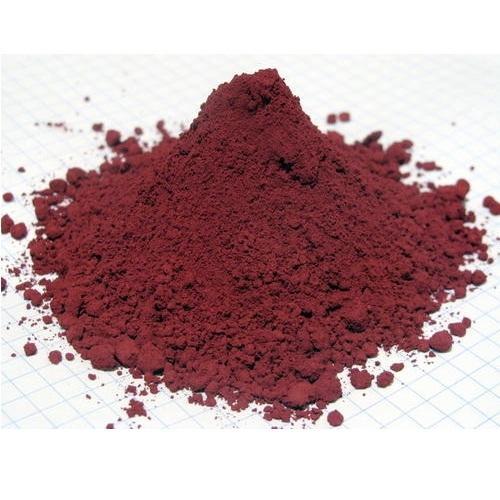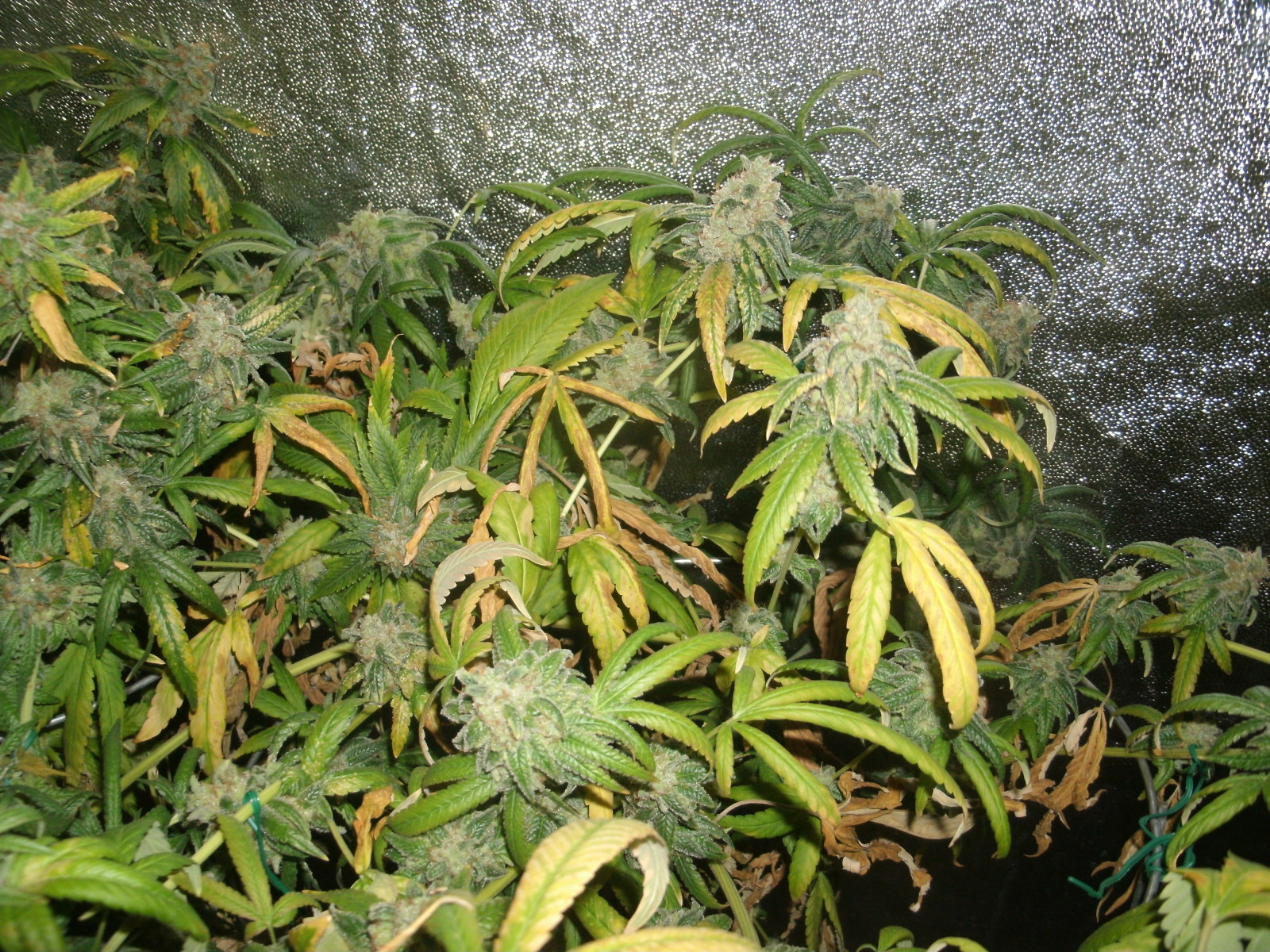In this series of articles, Growers Network talks about a few of the most common Cannabis conditions you need to watch out for. Today’s topic: Phosphorus Deficiency.

The following is an article produced by a contributing author. Growers Network does not endorse nor evaluate the claims of our contributors, nor do they influence our editorial process. We thank our contributors for their time and effort so we can continue our exclusive Growers Spotlight service.
Plant conditions can be a major headache in any grow operation and Cannabis has no shortage of them. So for today’s condition profile we’re going to discuss nitrogen deficiency, a condition you may find yourself dealing with in your grow if your nutrients aren’t adjusted properly.
Quick Look
- Common Name: Phosphorus Deficiency
- Scientific Name: Phosphorus Deficiency
- Symptoms: Stunted growth, old leaves browning and dying, weak stems
- Caused by: A lack of phosphorus in your nutrients
- Timing: Any time
Phosphorus Deficiency
What is it?
Phosphorus is is a macronutrient necessary for plant growth, and any deficiency will show very prominently as a stunting of growth and darkening of leaves. While generally rare, it is a very serious problem if not addressed.

What to look for
Early symptoms of a phosphorus deficiency will show as darkened leaves or slowed growth. As time goes on and the deficiency progress, older leaves will start to brown and curl. Other parts of the plant will show discoloration and may even turn a shade of purple not typical of the strain.

Symptoms can include:
- Darkened leaves
- Stunted growth
- Older leaves falling off
- Discoloration of plant parts, particularly towards the base of the stem.
How to Treat/Prevent
Identification
Generally expect potassium deficiencies are rare, particularly in soil. Phosphorus is included in nearly every major nutrient additive (the P in NPK), so you generally shouldn’t have an issue unless you’re underfeeding overall. When deficiencies show, they tend to be in the flowering stages. However, should your plant suddenly seem to slow growth or stop growing, it’s worth investigating. Phosphorus is critical for a variety of cellular functions, and a lack of it is nasty.
So take a soil sample and send it in to a lab! The only way to know for certain that you’re missing phosphorus is get a GC-MS machine or HPLC machine on the job. When you get your test results back, you should know what’s going on nutrient-wise.
Treatment
Treatment is relatively straightforward. Just add more phosphorus to the nutrient regimen. There’s no need to go overboard -- the plant will show if you’re not providing enough.
Prevention
Prevention is also relatively straightforward. Just make sure you have the P in NPK when you feed your plants. Beyond that, just make sure you send in soil samples to a lab on a relatively regular basis so you can get an assessment of how your feeding regimen is working.
One Other Thing
As is typical of nutrient issues, always make sure that your medium’s pH is within acceptable parameters (5.5 to 6.5 pH). Additionally, be aware that phosphorous is antagonistic to boron and zinc absorption.
So now you know a bit about phosphorus deficiencies and what you can do to prevent it from ruining your grow. Have additional questions about phosphorus deficiencies? You should join our forum where you can post pics and ask our expert community about this topic or any other!
Happy Growing!
10 Best Gift Ideas for Cannabis Connoisseurs and Growing Aficionados (2022)
December 7, 2022Developing and Optimizing a Cannabis Cultivation System
December 14, 2021Dealing with Insomnia: How Can CBD Help?
December 10, 2020Your Guide to Sleep and CBD
December 7, 2020
Do you want to receive the next Grower's Spotlight as soon as it's available? Sign up below!
Resources:
- Want to learn more about subjects similar to those touched upon in this article? Check out our articles on subjects such as:

Do you have any questions or comments?

About the Author
Hunter Wilson is a community builder with Growers Network. He graduated from the University of Arizona in 2011 with a Masters in Teaching and in 2007 with a Bachelors in Biology.